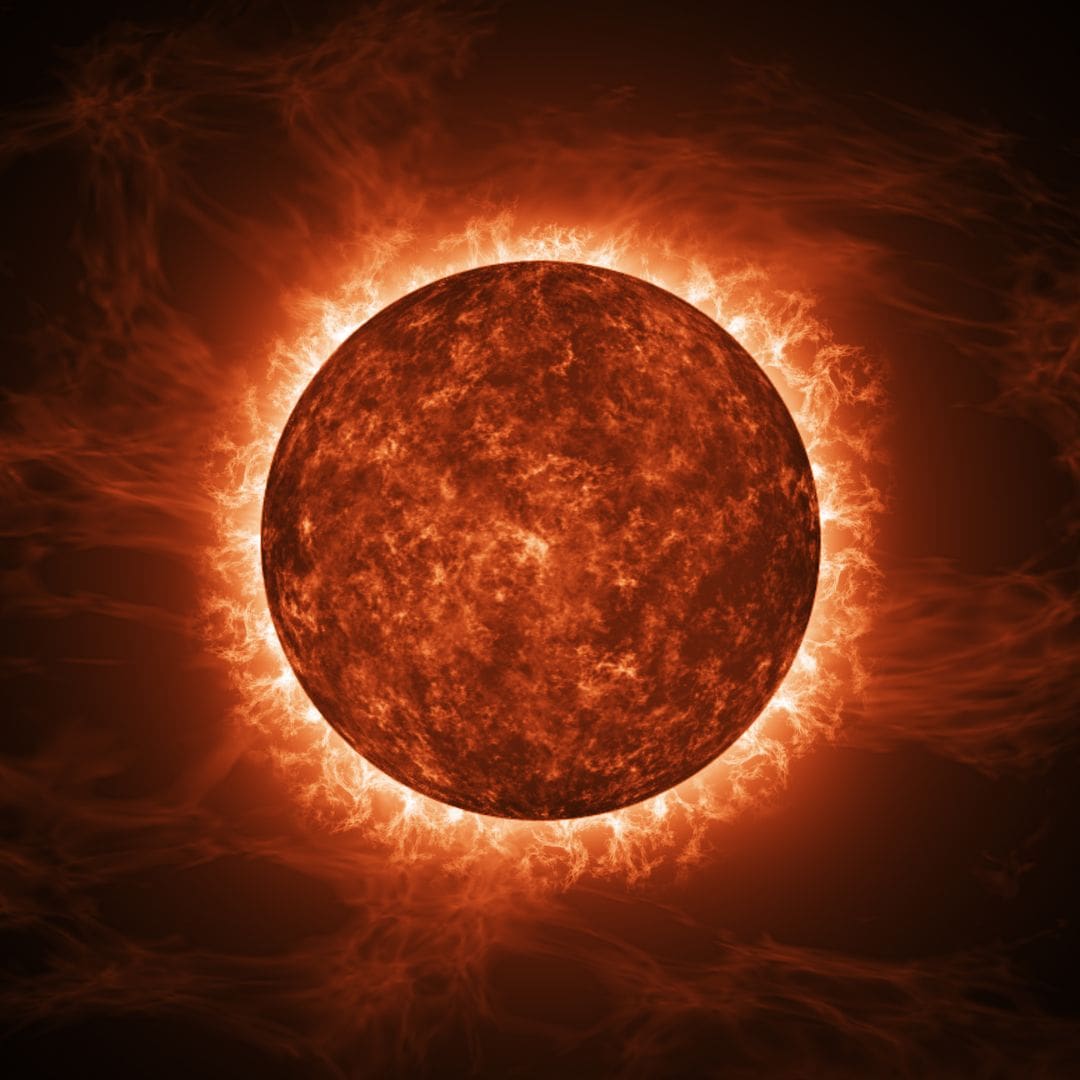Space weather can have significant effects on satellites, power grids, global positioning systems, and commuter air and space travel.
The sun is the main source of space weather. Sudden bursts of plasma and magnetic field structures from the sun’s atmosphere, together with sudden radiation bursts, all cause space weather effects on Earth.
Power outages due to space weather are rare events, but significant power outages could occur.
Terms Used For Space Weather
Space weather prediction in the United States is provided by NOAA’s Space Weather Prediction Center and the U.S. Air Force’s 557 Weather Wing. The space weather scales are similar to the Enhanced Fujita Tornado Scale and correlates space weather events with their likely effects on technology.
Space Weather Watch
A watch is issued when the risk of a potentially hazardous space weather event has increased significantly, but its occurrence or timing is still uncertain. A Watch is to give enough notification of possible space weather activity with a lead-time of hours to days
Space Weather Warning
A warning is issued when a significant space weather event is occurring, imminent, or likely. The purpose of a Warning is notification of impending space weather activity, with a lead-time of minutes to a few hours.
Space Weather Alert
Alerts indicate that the observed conditions, highlighted by warnings, have crossed a preset threshold or that a space weather event has already started.
Categories of Solar Effects
Geomagnetic Storms
Disturbances in the geomagnetic field caused by gusts in the solar wind that blows by Earth. Scale is G1 to G5, with a G1 geomagnetic storm considered minor
Radio Blackouts
Disturbances of where the Earth’s atmosphere meets space caused by X-ray emissions from the sun. Scale is R1 to R5, with a R1 radio blackout considered minor.
Protecting Yourself…
…Before Space Weather
- Build an emergency kit.
- Make a family communications plan.
- Keep your gas tank at least half full. Gas stations rely on electricity to power their pumps.
- Know where the manual release lever of your electric garage door opener is located and how to operate it.
- If you have a traditional landline (non-broadband or VOIP) phone, keep at least one non-cordless receiver in your home because it will work even if you lose power.
- Prepare a family contact sheet. This should include at least one out-of-town contact that may be better able to reach family members in an emergency.
- Make back-up copies of important digital data and information, automatically if possible, or at least weekly.
…During Space Weather
- Keep electricity usage as low as possible, which can help power companies avoid imposing rolling blackouts during periods when the power grid is compromised.
- Follow Emergency Alert System (EAS) instructions.
- Disconnect electrical appliances if instructed to do so by officials.
- Do not use the telephone unless necessary. Keep phone lines open for emergency personnel during emergency situations.
…After Space Weather
- Listen to local officials.
- Throw out any refrigerated food that has been exposed to a temperature of 40°F or higher for two hours or more. When in doubt, throw it out.
- Follow any emergency plans established by state and local governments.
- Inventory supplies, medications, water levels, etc. Replenish if needed to prepare for future use.

